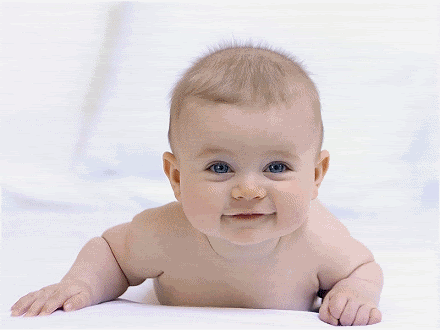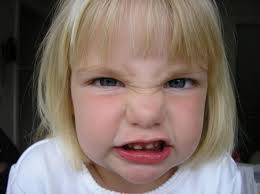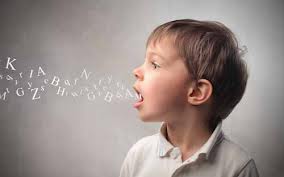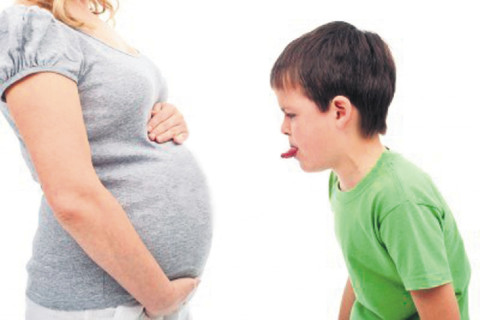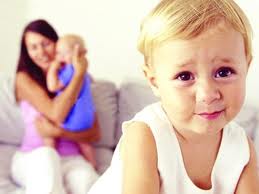NATURAL BABY CARE
Baby care is very important subject in the lives of parents. Parents should read the tabs on products very carefully. Instead of using products involving chemicals prepare your products at home for your baby care.
For Sensitive Skins:
– You do not need to bathe youe baby everyday. It is enough to wash baby’s butt with lukewarm water.
– Do not use soap while washing the body of your baby.
– You should change your baby’s diaper often and sometimes leave your baby naked to take air in this way you can protect your baby from rash.
– Your baby do not need anti-bacterial soap or wet wipes. The excess using of anti-bacterial products will prevent the development of immune system.
– Talk powder gives harm to lung’s of babies.
Water Disposal:
We use 75% of water that we use at home is in bathroom. 28% of this is used in toilets. Some old toilets use 1.9 lt. of water every time. Be careful about water leakages. You should prevent the water disposal in your house for next generations. While choosing toilet paper choose the ones which are recycling and did not blanched with clor. Chemicals used to blanch muck the water, air and land.
Keep Away From These Materials:
Parabens: Parabens have cancer effect. Some baby lotions, baby shampoos, soaps,talk powders, baby oils, sun lotions, wet wipes bath foams involves parabens.
Fatalats: It is observed that it causes damages on laboratory animals on their livers and lungs.
Bittumen: It is used as active material in bran shampoos. Some doctors recommend this shampoo for cradle cap.
Fenilenediamins: These materials are used in hair colours. It causes gullet irritation asthma and skin inflammation.
Dietanolamin: This is harmful especially for embryo. It can cause brain damages.
Toluen: It is used in some nail care products. If mother is faced with this material during embryo period the nerve system of babies are affected.
PREPARE YOUR OWN CARE PRODUCTS:
Tooth paste: You can use carbonate instead of tooth paste. If you wish you can drop mint oil in it.
Gargle: You can chew parsley or fresh mint in order to have fresh breathe.
Soap: Use pure olive soap and laurel soap only. Leave soap in a place that they can stay arid. Collect small soaps and grate them in hot water and use them as liquid soap.
Skin mousturizing cream and hair balsam: Use aspir oil for mousturizing, for dry hair and skin use olive oil, for normal hair and skin use jojoba oil.
Perfume: Use pure essence oils to make good odour.
RESOURCE: info@hayykitap.com

